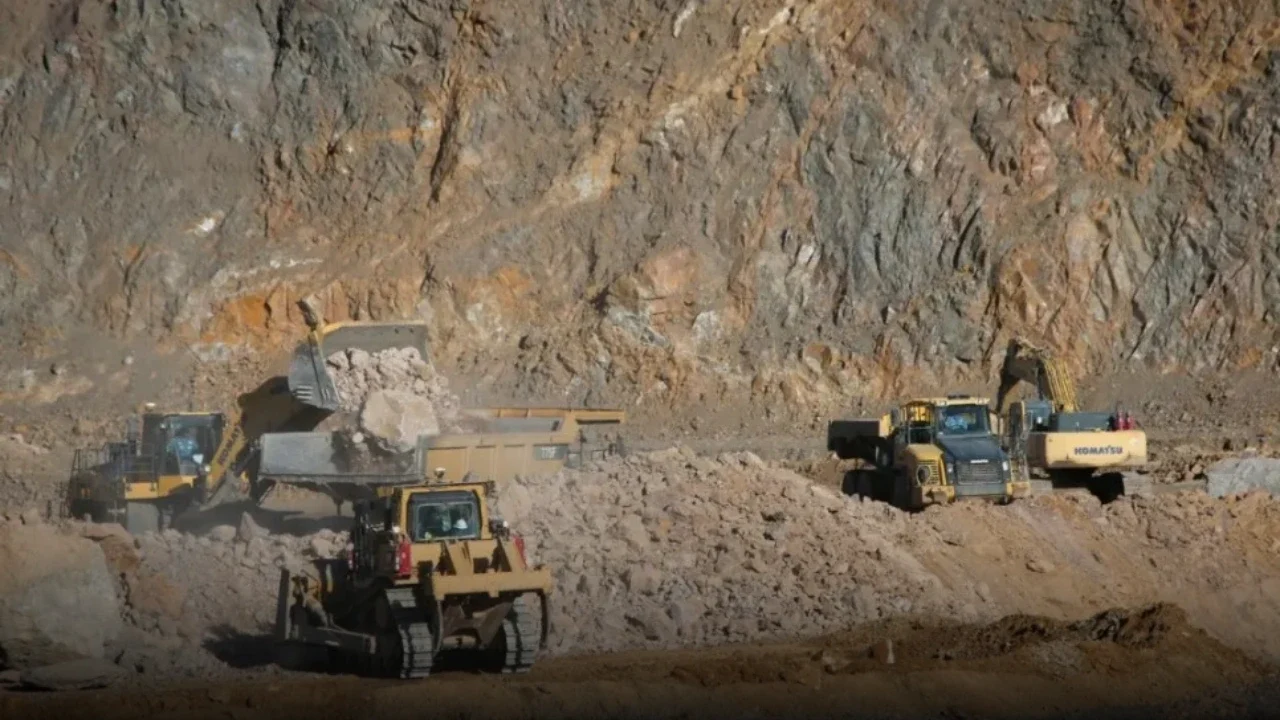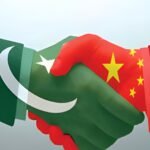By Ayesha Saba
Deep in the rocky heart of Balochistan’s Chaghi district, Pakistan is preparing for one of its biggest-ever mineral deals — a $5.7 billion plan with China to mine copper and build a new refinery that could change the region’s economic future.
The Pakistan China copper mining deal marks a new phase in the country’s mineral cooperation efforts.
China and Pakistan sign $5.7B mining agreement
At the center of this move are three new agreements between Pakistan and the Metallurgical Corporation of China (MCC). According to documents reviewed by this reporter, the investment is expected to bring in about $6 billion every year once operations begin — a major boost to Pakistan’s economy and exports.
Key MoUs link Pakistani and Chinese mining firms
These Memorandums of Understanding (MoUs) connect Pakistan’s Siakoh Minerals Development (SMC-Private) Limited, Mari Mining Company Private Limited, and the Government of Balochistan with MCC Tongsin Resource Limited, a Chinese partner with years of experience in large-scale mining projects.
Pakistan’s Mission in Beijing drives investor outreach
Behind the scenes, Pakistan’s Mission in Beijing played a key role. It arranged both virtual and face-to-face meetings between local companies — including Mohammad Dada Mining and Wah Nobel Group — and possible Chinese investors. The mission also drafted a “Copper and Mining Investment Policy” to attract more foreign funding.
Gwadar industrial zone to boost mineral refining
A major breakthrough came when MCC proposed a long-term cooperation deal involving China Metallurgical Group Corporation, China Communications Construction Company (CCCC), Gwadar Port Authority (GPA), and Gwadar Free Zone Company Limited (GFZL).
This deal will speed up development under what’s being called the “South Port, North Mine” industrial setup. It also lays the groundwork for the Gwadar Non-Ferrous Metals Industrial Park — a facility expected to improve Pakistan’s capacity to refine minerals and increase exports.
Copper exports and future investment prospects
China, the world’s largest copper importer, continues to need more of the metal for its booming construction, electric vehicle, and solar panel industries. For Pakistan, that means a reliable export market right next door.
Meanwhile, Pakistan’s Ministry of Commerce is working closely with key industries to build local processing plants for minerals such as copper, marble, and granite — aiming to create jobs and increase profits within the country instead of shipping raw materials abroad.
The ministry is also working under the Special Investment Facilitation Council (SIFC) to bring Saudi investors into the mix. Their goal: set up modern copper refineries in Balochistan and Khyber Pakhtunkhwa that can turn raw ores into high-value products like copper rods, bars, and alloys — boosting both industrial growth and export income.
Last year, Pakistan’s copper exports totaled $1.06 billion, including both refined and unrefined forms. Though there’s been a slight drop recently, experts say the sector remains a cornerstone of the country’s long-term mining and investment strategy under SIFC’s guidance.
This massive partnership — connecting Balochistan’s copper-rich mountains to China’s industrial hubs — could mark a turning point in Pakistan’s mineral story, transforming untapped reserves into engines of national growth.
Author Profile






